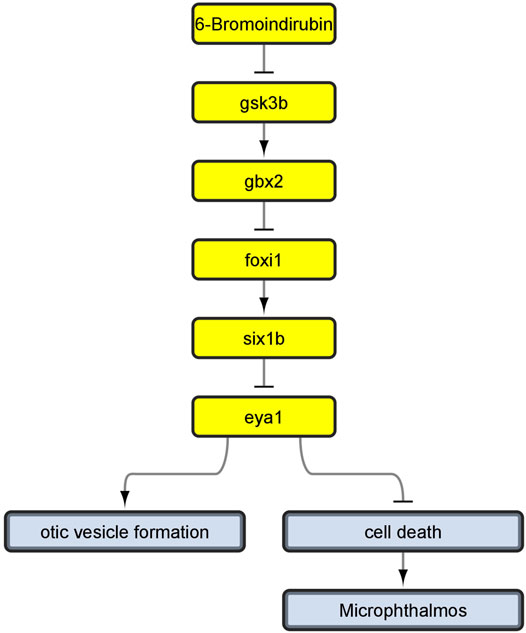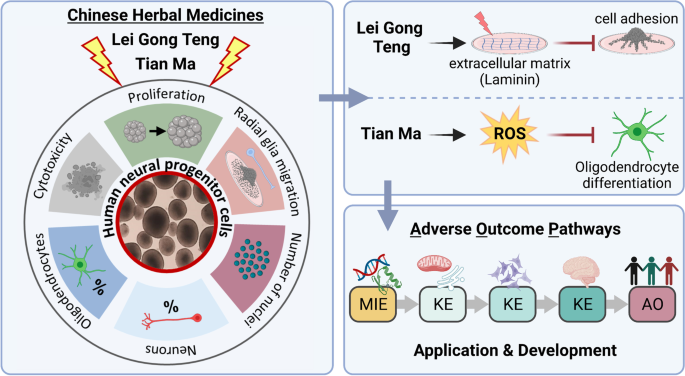Development of Adverse Outcome Pathway for PPARγ Antagonism Leading to Pulmonary Fibrosis and Chemical Selection for Its Validation: ToxCast Database and a Deep Learning Artificial Neural Network Model-Based Approach
Por um escritor misterioso
Descrição

Adverse outcome pathways: Application to enhance mechanistic understanding of neurotoxicity

PPARγ agonists inhibit TGF-β induced pulmonary myofibroblast differentiation and collagen production: implications for therapy of lung fibrosis

Frontiers From Causal Networks to Adverse Outcome Pathways: A Developmental Neurotoxicity Case Study

Integrative Data Mining Approach: Case Study with Adverse Outcome Pathway Network Leading to Pulmonary Fibrosis

Frontiers From Causal Networks to Adverse Outcome Pathways: A Developmental Neurotoxicity Case Study

Jaeseong JEONG, PostDoc Position, Doctor of Philosophy, University of Seoul, Seoul, School of Environmental Engineering

Development of AOP relevant to microplastics based on toxicity mechanisms of chemical additives using ToxCast™ and deep learning models combined approach - ScienceDirect

In silico approaches in organ toxicity hazard assessment: Current status and future needs for predicting heart, kidney and lung toxicities. - Abstract - Europe PMC

Application of the adverse outcome pathway concept for investigating developmental neurotoxicity potential of Chinese herbal medicines by using human neural progenitor cells in vitro
de
por adulto (o preço varia de acordo com o tamanho do grupo)







